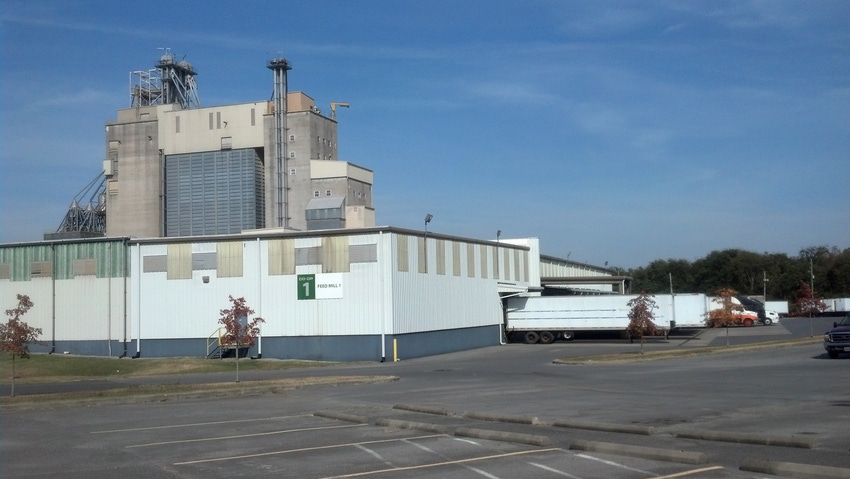Food safety agency will work to educate small animal food facilities on final roll-out of FSMA requirements.

More major compliance dates will soon arrive for the Preventive Controls for Animal Food rule under the Food & Drug Administration's Food Safety Modernization Act (FSMA). By Sept. 17, 2018, both large and small animal food facilities must comply with the preventive controls (PC) requirements mandated by FSMA.
The compliance dates for the PC and Current Good Manufacturing Practices (CGMPs) requirements were staggered for animal food companies. Large and small facilities previously had to meet the CGMP requirements earlier -- by September 2016 and September 2017, respectively. Also on this date, very small animal food facilities will be required to meet the CGMPs.
Starting Sept. 17, all three sizes of animal food businesses must comply with at least one portion of the FSMA regulations. Very small facilities must comply with the CGMPs for the first time. Large-sized facilities came into compliance with the hazard analysis/PC regulations last September, and FDA will soon focus its inspection resources on CGMP inspections for facilities of all sizes and PC inspections at only large facilities.
FDA posted on its website a Q&A with Jenny Murphy, a consumer safety officer at FDA’s Center for Veterinary Medicine. She explained that last year, to ensure compliance with the PC requirements, FDA delayed the start of routine regulatory inspections for large facilities so they had more time to develop, implement and then fine-tune their food safety plans.
“As we hit the preventive controls compliance date for small facilities, we recognize that both small and very small businesses would also benefit from additional time prior to the start of preventive control inspections,” Murphy said.
She said throughout the rule-making process, FDA has repeatedly said it will educate before and while it regulates.
“This is new territory for all of us, and we continue to hear from animal food producers that they need more time and technical assistance to fully understand the requirements," Murphy said. "We gave the larger facilities this additional time and now want to give the smaller facilities the same flexibility to further develop their plans and ensure that their system is operating correctly. Draft guidance on the preventive control requirements and other resources, such as technical assistance, are now available.”
Murphy added that the decision to delay routine inspections rather than postpone the compliance dates for the PC requirements allows for additional assistance during the transition.
“We really feel that the preventive controls provisions are in the best interest of public health. The responsibility is on the firm to make sure it is addressing animal food safety. By keeping the compliance dates but not beginning routine regulatory inspections, we are protecting food safety while giving facilities additional time to make sure their system is working correctly and to make adjustments if needed,” she said.
The American Feed Industry Assn. (AFIA) welcomed the extension of deadlines and inspection time frames.
“Throughout the rule-making process, AFIA has asked the agency to take a staggered approach to implementation to allow the industry time to focus on current good manufacturing practice (CGMP) implementation and also to receive the necessary guidance to properly implement the hazard analysis and risk-based preventive controls (HA/PC) requirements,” Leah Wilkinson, AFIA vice president of public policy and education, said. “AFIA applauds the agency for continuing to offer this staggered approach and flexibility as the industry implements these broad sweeping regulations.”
Small-sized animal food facilities (i.e., firms with fewer than 500 employees) will need to come into compliance with the HA/PC regulations by Sept. 17, with FDA delaying inspections until the fall of 2019. Initially, inspections were set to begin in January 2019, but the additional nine months provides small facilities the same opportunity FDA granted to large facilities (i.e., those with more than 500 employees) to learn and implement the rules and regulations. FDA intends to delay compliance for very small businesses (i.e., those with sales totaling less than $2.5 million and certified to FDA) from the requirements applicable to qualified facilities until the fall of 2020.
While FDA has delayed inspections, compliance with the rules and regulations per the compliance dates previously published is still required for all animal food manufacturing facilities. FDA reserves the right to take regulatory action should an animal food safety event occur during this time.
About the Author(s)
You May Also Like




.png?width=300&auto=webp&quality=80&disable=upscale)
